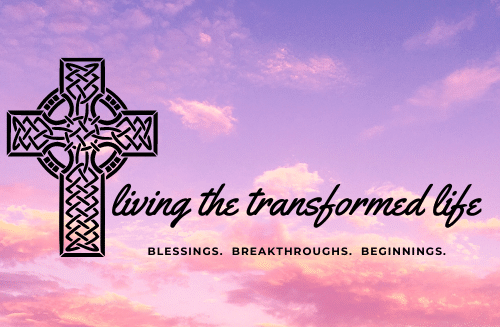
Three men are having a discussion. “I’m a pessimist,” says one.
“I’m an optimist,” says the second.
Both men turn to the third. “Which are you?”
“Neither,” the third man replies. “I’m a peptimist.”
The first man snorts. “A peptimist? What’s that?”
“Well,” the third man explains, “A pessimist is someone who says ‘It can’t be done.’ And an optimist is someone who says ‘It can be done.’ “
“We know that,” the second man scowls. “But what’s a peptimist?”
The third man smiles. “A peptimist is someone who says ‘I just did it!’ “
Different Views…Which Will You Choose?
Some would argue that it isn’t a matter of choice. “You don’t choose your temperament,” they would say. “It’s a matter of genetics. You’re just born that way.”
Really? And yet Proverbs 23:7 says, “As a man thinks in his heart, so is he.” That seems to indicate that we are at least partially responsible for the way we respond to life.
Life is full of choices. A pessimist believes the worst and lives a self-defeated life. An optimist believes the best and lives a fulfilling life. And the peptimist (a word I made up, by the way), is simply an optimist who takes action and gets results.
God’s Word says, “With God all things are possible” (Matthew 19:26) and “I can do all things through Christ who strengthens me” (Philippians 4:13). It’s hard not to be an optimist when you believe that!
Optimism has been linked to positive mood and good morale; to academic success; to popularity; to moral integrity; to good health and long life.
Well, Who Wouldn’t Want That?
If you still aren’t convinced that you perhaps need to change your point of view, here are some characteristics of optimists:
- Optimists expect the best. The defining characteristic of pessimists is that they tend to believe bad events will last a long time and undermine everything they do. Optimists are confronted with the same hard knocks of this world. But the optimist tends to believe that these same events are just a temporary setback with temporary results. The events are the same, but the perceptions are different.
- Optimists practice “positive reinterpretation.” In other words, they will look at a negative experience in a way that helps them learn and grow and persevere. While the pessimist feels it’s the end of the world and gives up, the optimist perceives it as a challenge and determines to try harder. The pessimist will take no action, while the optimist will prepare plans for the problem at hand.
- Optimists respond better to change. Whether it’s a sudden tragedy, an unexpected transition, or a surprising turn of events, the optimist will have a more positive response. They aren’t dependent on circumstances for their happiness. If they fall, they will get up. They see opportunities instead of obstacles.
- Others respond positively to optimists. Optimists are less dependent on others for their happiness. They find no need to manipulate or control people. They usually draw people towards them because their optimistic viewpoint can be contagious and influence those they are with.
- When the going gets tough, optimists get tougher. Optimists handle stress far better than pessimists. Optimists are known for their patience and perseverance. While pessimists will avoid dealing with problems, optimists are proactive and less likely to give up because they expect to get the desired results.
- Optimists tend to be healthier and live longer. Medical research has confirmed that a positive outlook can cause a measurable increase in the body’s ability to fight disease. They age well, with fewer of the physical infirmities commonly associated with advanced years. Their lifespans are also measurably longer than pessimists.
In his book A Cluster of Quiet Thoughts, English clergyman Frederick Langbridge noted, “Two men look out through the same bars. One sees the mud, and one sees the stars.”
The psalmist wrote, “I lift my eyes to the hills– where does my help come from? My help comes from the Lord, the maker of heaven and earth” (Psalm 121:1). It’s easier to be optimistic when you’re looking up to the One who is always there, ready to help. When we remember we have a great God who never fails, we won’t struggle with pessimism anymore.
What do you think? Leave a comment below– and subscribe today!

I’m an optimist. I like your reminder of Proverbs 23:7 and the fact that we get to choose.
Thanks for your comment, Theresa. I’m definitely more of an optimist than I used to be!
I loved this post. I believe attitude has a ton to do with how successful we are.
I agree, Maree! Though it doesn’t use the same wording, the Bible has a lot to say about mindset.